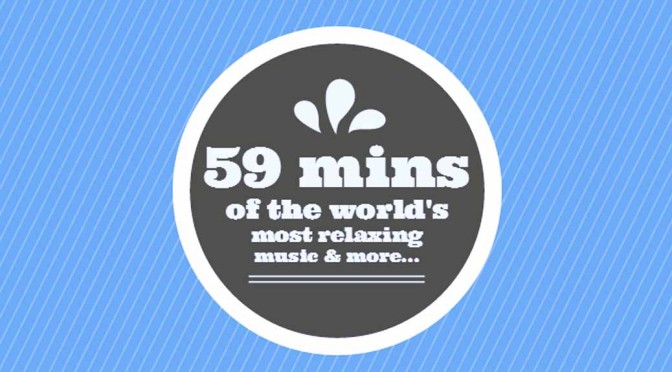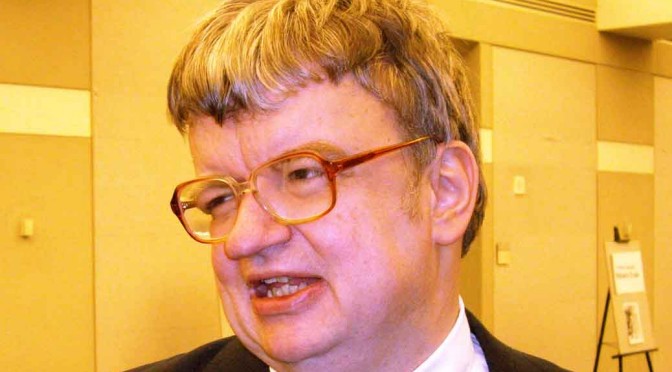My Opinion of the IQ tests
I don’t like IQ tests (WAIS, WISC, etc). Why?
Well, IQ tests are designed with an assumed definition of the word “intelligence”. They assume that “intelligence” can be estimated by measuring how closely a person thinks like the other “intelligent” people (probably the ones who design the test). IQ tests measure general Intelligence, not “intelligence”. However, today general intelligence and intelligence are used interchangeably by most of us.
IQ tests are standardised tests that give you standardized test scores which merely indicate how well you would perform at other standardized tests (academic performance). Also, these tests are not an indicator of how well a person would do in his/her life.
IQ tests assume that General intelligence and Intelligence are the same things, or this is what the society has come to believe. To them, the other sub-intelligence types like interpersonal intelligence, intra-personal intelligence, musical intelligence, creativity, memory etc. mean nothing.
I think, intelligence is a much more complex quality than what IQ tests assume it to be. Quantifying intelligence is hard and presently no test does it properly; probably no test ever will…
For instance, the Megasavant, Kim Peek (Rainman) scored a below average (87 points) on general IQ tests. Agreed, he couldn’t button up his shirt, but he could speed read a book in about an hour and remember almost everything he had read. Besides, he could accurately recall the contents of at least 12,000 books which he had read in his life. And yet, this incredible ability meant nothing to the IQ tests. IQ tests looked at him as a guy with just a below-average IQ.
However, I’m not here to debate on IQ tests today. Let’s take it to the comments section. Tell me what do you think about these tests.
I like it or not, I can’t deny the fact that it is a world standard. And there is definitely a solid reason for that. So let’s just learn something about these tests…
The Flynn effect
Did you know, the IQ test scores are not absolute. The score you get is adjusted in a way that keeps the average IQ at 100 and also ensures that 2/3 people lie in an IQ band of 85-115 points.
But that is what IQ tests and scores are based on, so many people probably know that. There is one other thing you almost certainly did not know…
The WISC test: One of the widely used IQ test is called WISC (Wechsler Intelligence Scale for Children). It started in the year 1947, and to ensure that the average IQ remains 100, it has been recalibrated 3 times in the 70s, 80s and the 2000s decade. Today WISC IV is used.
Had our grandparents taken the present WISC IV test about a century back, they would have probably scored 70 points on an average. That would have classified them as mentally retarded! Clearly, we have become smarter. Or what?
Yes, in fact the constant increase in this average IQ test scores has been observed for a long time by scientists. They have measured a gradual rise of 3 points every decade and this effect is called Flynn effect. And that is the reason the test has to be recalibrated regularly – to keep the average at 100 points. Is this evolution doing its work?
Why does it happen
Frankly, no one knows for sure. Like the theories that offer explanation on what sleep exactly does to our brains, even Flynn effect has a couple of possible explanations. Three of the most plausible ones are these:
- “Better” schooling or in other words better training at schools which makes students get familiar with the IQ test pattern, is one explanation. Our schools have evolved to impart education in a form that helps a kid do better at IQ tests. This is pretty clear from the way our present education system doesn’t give much importance to creativity, just like IQ tests don’t…although it beats me, why memory is given a substantial weight-age at schools.
- Improved nutrition is another explanation. Most certainly, excluding fast foods and other such foods, we eat better things than what our grand-parents used to. The inclusion of iodine in common salt is one such example. Also, parents these days ensure that the children in their formative years get the best nutrition – exactly at the time when the brain forms most connections. That could have clearly helped us get smarter.
- Some researchers have a different take on how better education and nutrition has helped us get smarter. They suggest that the better lifestyle, education and nutrition has had an effect on our IQs by reducing the intensity of infectious diseases.
What do you think? Do you agree with the IQ test system. Do you think it isn’t just a social phenomena? What else could be the reason that we are getting smarter? Tell me in the comments.
Did you like this article?
Every day I send out a newsletter with an un-cut new article and exclusive content for readers. It’s basically my way of keeping in touch with you and letting you know what’s going on. Your information is protected and I never spam.
Subscribe from the sidebar to stay connected. Feel free to reply to these newsletters too…










